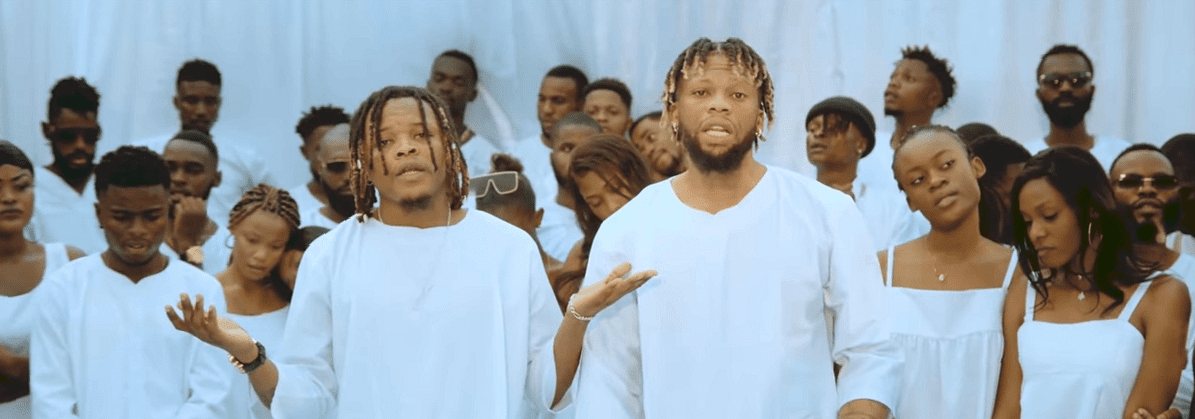A ban on songs deemed to be critical of the Democratic Republic of Congo’s government has highlighted the need to urgently repeal censorship regulations that have been used to curb freedom of expression in the country, Amnesty International said today.
That the DRC authorities have resorted to censorship to clamp down on artistic freedom is a chilling reminder that artists continue to risk being silenced for their dissent
Flavia Mwangovya, Amnesty International's Deputy Director for East Africa, Horn and the Great Lakes
DRC’s National Censorship Commission banned the broadcasting of seven songs on 9 November only to lift the ban on the most popular among them, “Nini To Sali Te” (What Have We Not Done, in Lingala), a day later following public outcry. However, the ban on the six other songs remains in place.
“That the DRC authorities have resorted to censorship to clamp down on artistic freedom is a chilling reminder that artists continue to risk being silenced for their dissent,” said Flavia Mwangovya, Amnesty International’s Deputy Director for East Africa, Horn and the Great Lakes.
“The authorities must immediately repeal the 1996 decree which allows banning of any artistic expression that is not to their liking. Authorities must immediately repeal this problematic piece of legislation and ensure that artists can exercise their right to freedom of expression without interference.”
Two of these songs – “Nini Tosali Te” by Kinshasa-based group Musique Populaire de la Révolution (MPR) and “Lettre à Ya Tshitshi” by musician Bob Masudi, aka Bob Elvis, criticized increasing social injustices in the DRC, including unemployment, hunger, killings of civilians, lack of clean water and access to healthcare. Tshitshi is the nickname of President Felix Tshisekedi’s late father Etienne Tshisekedi, a key opposition figure, and the song laments the current political system under his son.
The songs also denounced the government’s failure to ensure people can enjoy their human rights and blamed the political elite for incompetence and corruption. The decision to ban them is a violation of DRC’s international obligations under international and regional standards, including the International Covenant on Civil and Political Rights and the African Charter on Human and Peoples’ Rights.
The authorities must immediately repeal the 1996 decree which allows banning of any artistic expression that is not to its liking
Flavia Mwangovya
Although the National Censorship Commission’s was ordered by the Minister of Justice to repeal the decision to ban one of the songs following a public backlash, Amnesty International believes that the 1996 decree will be used again unless it is done away with.
“Artistic freedom is not a crime. Authorities must stop silencing artists and allow free speech to thrive,” said Flavia Mwangovya.
Background
The National Censorship Commission banned the songs on 9 November. The decision was later reversed at the request of the Minister of Justice, Rose Mutombo, on 10 November.
The 1996 decree, which provides for content regulation by the commission before any song is released to the public, or any show is performed in public and imposes a financial burden on artists (of up to $500 per song), does not have a clear framework or clear standards, does not provide remedies and falls short of international standards.
While it is supposed to ensure that songs and shows do not violate the law, security, public order, and morals (with no clear definition), it has often been used to suppress dissenting voices.


